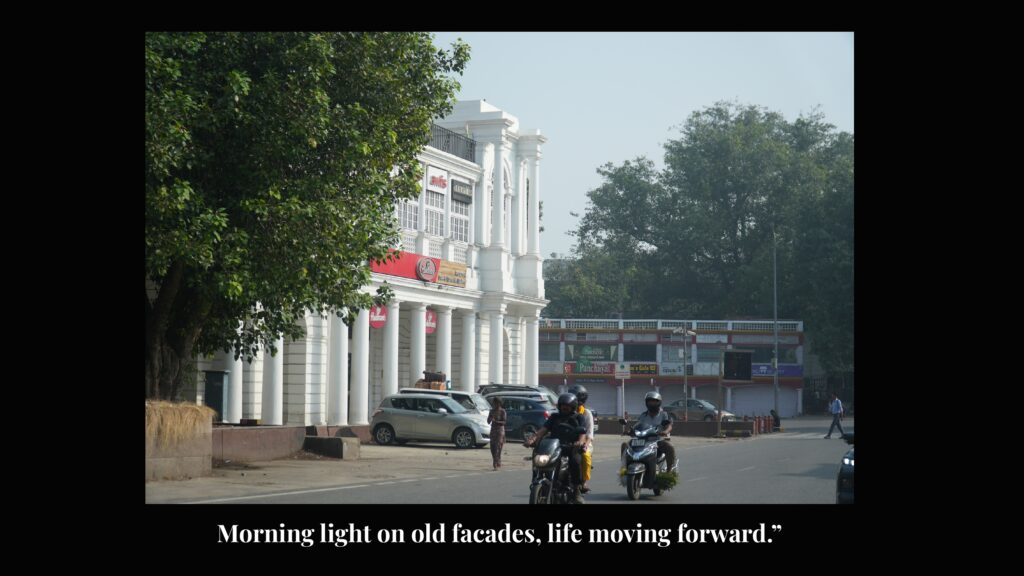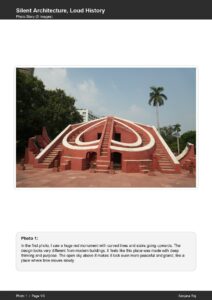Ansh Singh (BAJMC 3rd sem)
Greater Noida, Uttar Pradesh, has experienced significant commercial growth in recent decades, leading to a surge in the number of drivers operating commercial vehicles to facilitate the transport of goods and services. These drivers play a critical role in the local economy but often face challenges that impact their livelihood and well-being.
The majority of these drivers are locals, while some are migrants seeking better economic opportunities. Many belong to families with generational ties to the transportation industry, while others are newcomers. They operate various vehicles, including trucks, tempos, auto-rickshaws, and e-rickshaws, to move goods within the city and neighboring areas.

Drivers form the backbone of the supply chain, ensuring that products reach markets, factories, and consumers. Without their efforts, the local economy, particularly industrial and commercial complexes, would struggle to thrive.
Despite their vital contributions, commercial vehicle drivers in Greater Noida face significant economic challenges. Most work on a commission or daily wage basis, leaving their income vulnerable to fluctuations in demand and operational costs. Rising fuel prices, maintenance expenses, and toll fees further strain their earnings. Additionally, restrictions imposed by local authorities, such as prohibiting certain vehicles from major roads during peak hours, have curtailed their operational capacity, leading to reduced income.
Working conditions are another pressing concern. Drivers often endure long hours on the road, resulting in fatigue and health issues. The lack of rest areas and facilities exacerbates these problems, affecting both their physical and mental well-being. Furthermore, the region’s hazardous traffic conditions, inadequate signage, and rising incidents of crime add to their challenges, particularly in isolated areas.
In response to these issues, various organizations and community groups have begun advocating for improved working conditions and support for drivers. Initiatives such as training programs on safe driving practices, financial literacy workshops, and health check-ups aim to enhance their quality of life.
There is also a growing demand for better infrastructure tailored to the needs of commercial drivers. Proposals include the creation of dedicated rest areas along highways and improved traffic management systems to ensure safer driving conditions. Addressing these concerns is essential to support the drivers who form the backbone of Greater Noida’s thriving commercial ecosystem.






